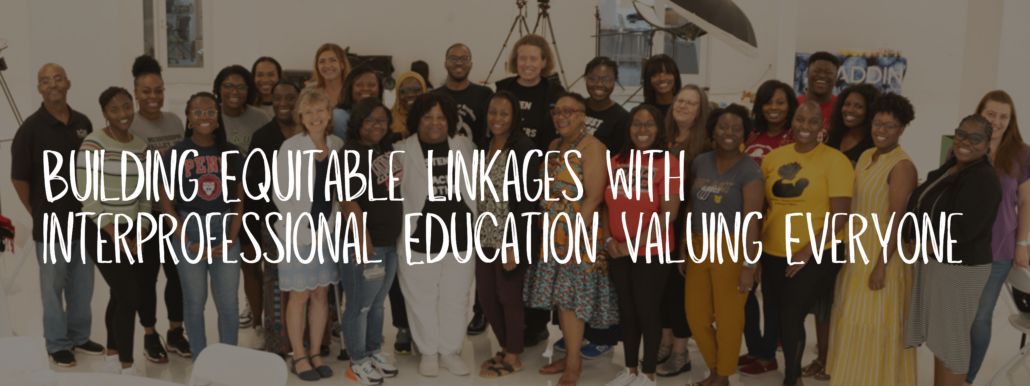About the Project
BELIEVE stands for “Building Equitable Linkages with Interprofessional Education Valuing Everyone.”
In the United States, more women die during childbirth than in other wealthy countries. Black women are 2-5 times more likely to die during childbirth than white women. This is caused by hard-to-solve social and structural problems in healthcare.
The BELIEVE team is working with birthing people and healthcare workers to learn how collaboration can help us to work together better. We want to make healthcare workers and healthcare systems safer and build trust between birthing people and healthcare workers. We want to understand how these complicated problems in the health system harm pregnant people and healthcare workers and we want to help fix them.
The goal of all this work is to make the healthcare system better so that every birthing person and healthcare worker is treated with respect and care.
Engaging with our Communities
Starting in the first year, we are talking to people who have been pregnant, and healthcare workers who work with pregnant people. We want to learn about their experiences with the healthcare system. We want to understand what makes birth experiences good or bad and how to create healthcare that values everyone.
Meet our Team
We bring together a diverse group of leaders and learners in maternal and public health. Get to know our team here.
You can stay updated on our work and partner events by following us on Instagram and subscribing to our email list.
The American Heart Association Health Equity Research Network
BELIEVE is a part of the Health Equity Research Network (HERN), funded by the American Heart Association through the P3 EQUATE Network at the University of Alabama.
The ‘DREAM: Dismantling Structural Racism to Promote Equitable Maternal Health Outcomes‘ project is a partner in this work.
The American Heart Association is giving $20 million to start HERN. This network will help us learn more about why some women-especially Black women and Native American women, are more likely to have problems during childbirth and after. About half of these problems are related to the heart and blood vessels, so the American Heart Association is in a good position to help solve this important issue.
We are grateful for the support from Black Maternal Health Caucus.
